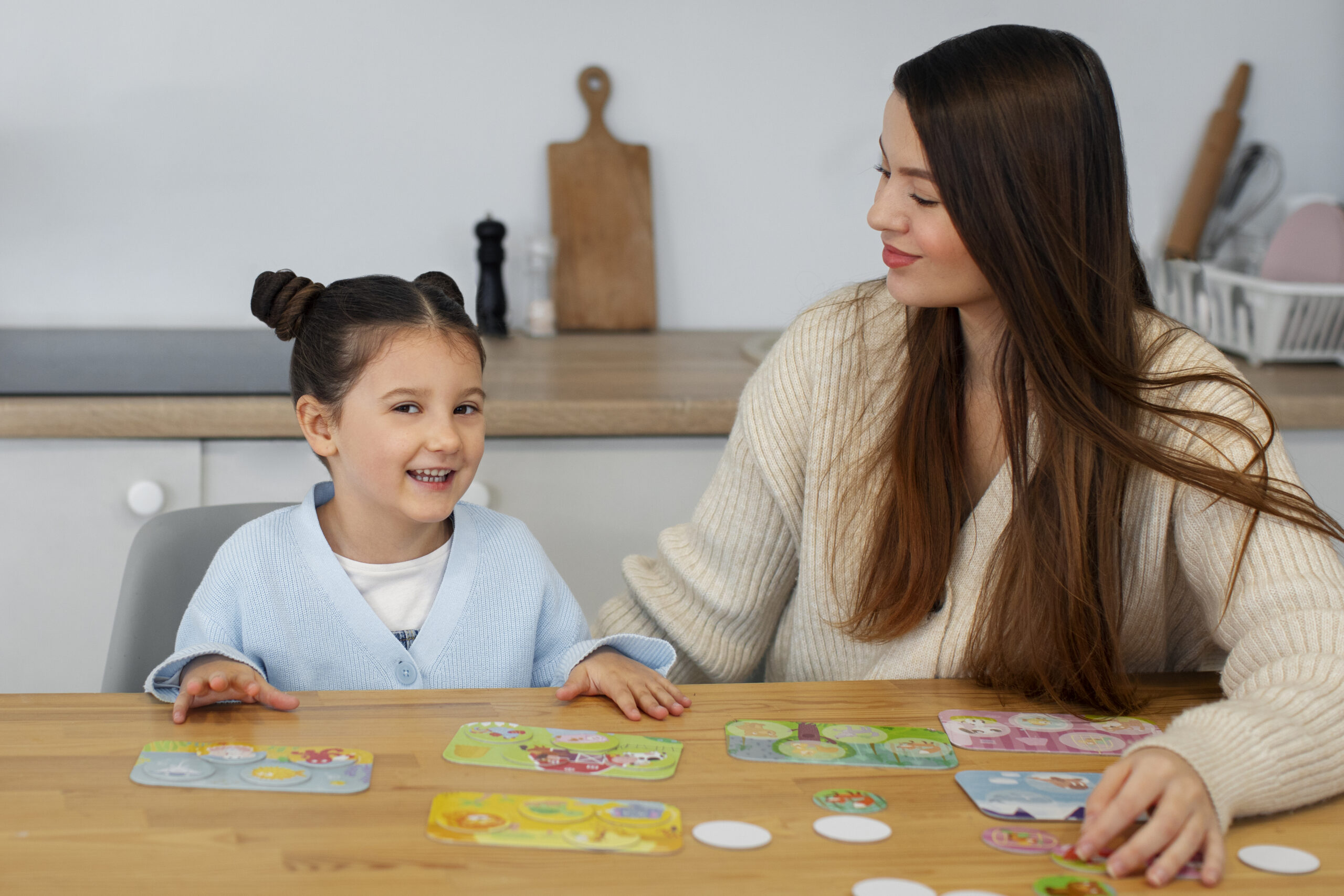Key Points:
- A sensory diet for autism refers to a tailored plan of sensory activities designed to help children with autism regulate sensory processing and emotional responses.
- Sensory diets incorporate various activities that provide sensory input to help children manage sensory overload or under-stimulation, improving focus and reducing challenging behaviors.
- ABA therapy can be an effective tool in helping implement a sensory diet for autism, ensuring the activities are integrated into a child’s daily routine.
When it comes to autism, sensory processing challenges are common. Children on the autism spectrum may have heightened sensitivity to sensory stimuli, or they may seek out additional sensory input to feel calm and regulated. A sensory diet for autism is a structured set of sensory activities designed to help children manage their sensory experiences in a more balanced way.
Much like a regular diet provides the body with the right amount of nutrients, a sensory diet provides the nervous system with the necessary sensory input for optimal functioning. These activities can help regulate sensory needs, reduce stress, improve focus, and prevent meltdowns.
The sensory diet is not about feeding the senses like traditional diets feed the body, but rather about providing intentional and purposeful sensory input throughout the day. The goal is to provide children with autism the sensory experiences they need to stay calm, focused, and engaged with the world around them.
Why is a Sensory Diet Important for Children with Autism?
Children with autism often face challenges when processing sensory information. Some might be hypersensitive, meaning they are overwhelmed by normal sounds, lights, or textures. Others might be hyposensitive and seek out excessive sensory input to feel regulated, often engaging in repetitive behaviors like hand-flapping or rocking. These sensory difficulties can affect everyday functioning, from daily tasks to social interactions.
A sensory diet provides a framework for addressing these sensory challenges in a way that is proactive, rather than reactive. It gives children structured, manageable sensory experiences that can help them stay focused, reduce anxiety, and engage better with their environment. Sensory activities can be incorporated throughout the day, ensuring that the child’s sensory needs are met without overwhelming them.
With the right sensory activities, children can learn how to self-regulate, which helps improve their emotional and behavioral responses. Instead of becoming overwhelmed and acting out, they can use their sensory diet activities as tools for managing their sensory experiences in a healthier way.
How Do You Create a Sensory Diet for Autism?
Creating a sensory diet for autism involves understanding the sensory profile of the child, which includes determining whether they are hypersensitive or hyposensitive to certain stimuli. The next step is working with occupational therapists, ABA therapists, or other professionals to design a sensory plan tailored to the child’s needs.
It’s important to note that the sensory diet isn’t something that only happens in therapy sessions; it should be integrated into daily life. For example, a sensory diet might be implemented in the child’s school routine, during playtime, or even before bedtime. The activities should be spaced throughout the day to prevent sensory overload and to help the child stay regulated.
Here are a few steps to creating a sensory diet:

5 Benefits of a Sensory Diet for Autism
A sensory diet for autism can have multiple benefits, both in terms of behavior and overall quality of life. Children who receive the sensory input they need in a structured way tend to have fewer meltdowns, greater focus, and improved emotional regulation. A sensory diet helps children better manage the overwhelming sensory stimuli they experience in their daily lives.
Key benefits of a sensory diet for autism include:
1. Increased Focus and Attention
Sensory activities can help children focus and pay attention to tasks, reducing distractions and improving academic or social engagement. For children who experience heightened sensitivity, especially to changes in temperature, understanding these sensory triggers is key—explore more in our article, Autism and Sensitivity to Temperature Changes.
2. Reduced Meltdowns
Consistent sensory input helps prevent sensory overload, which is a common trigger for meltdowns in children with autism.
3. Better Sleep
A sensory diet that includes calming activities, such as deep pressure or soothing sounds, can help children relax and improve their sleep patterns.
4. Enhanced Social Interaction
When children feel regulated and less overwhelmed, they are more likely to engage in social interactions and develop better communication skills.
5. Improved Self-Regulation
By providing consistent sensory input, children can learn to regulate their emotions and responses, which reduces anxiety and impulsive behaviors.
Overall, a sensory diet empowers children with autism to take control of their sensory experiences, helping them thrive in a world that may otherwise feel overwhelming or confusing.
Unlock Your Child’s Potential with ABA Therapy
If your child is struggling with sensory processing challenges, implementing a sensory diet for autism can be a valuable tool for promoting self-regulation and reducing sensory overload. At Steady Steps ABA, we offer personalized ABA therapy in Maryland to help children with autism navigate their sensory needs.
Our experienced ABA therapists work closely with children to create individualized sensory diets and integrate them into daily routines. By combining ABA therapy with a well-designed sensory diet, we help children develop the skills they need to manage their sensory experiences, reduce challenging behaviors, and thrive in their everyday environments.
If you’re ready to learn more about how ABA therapy and a personalized sensory diet can benefit your child, reach out to us today!






